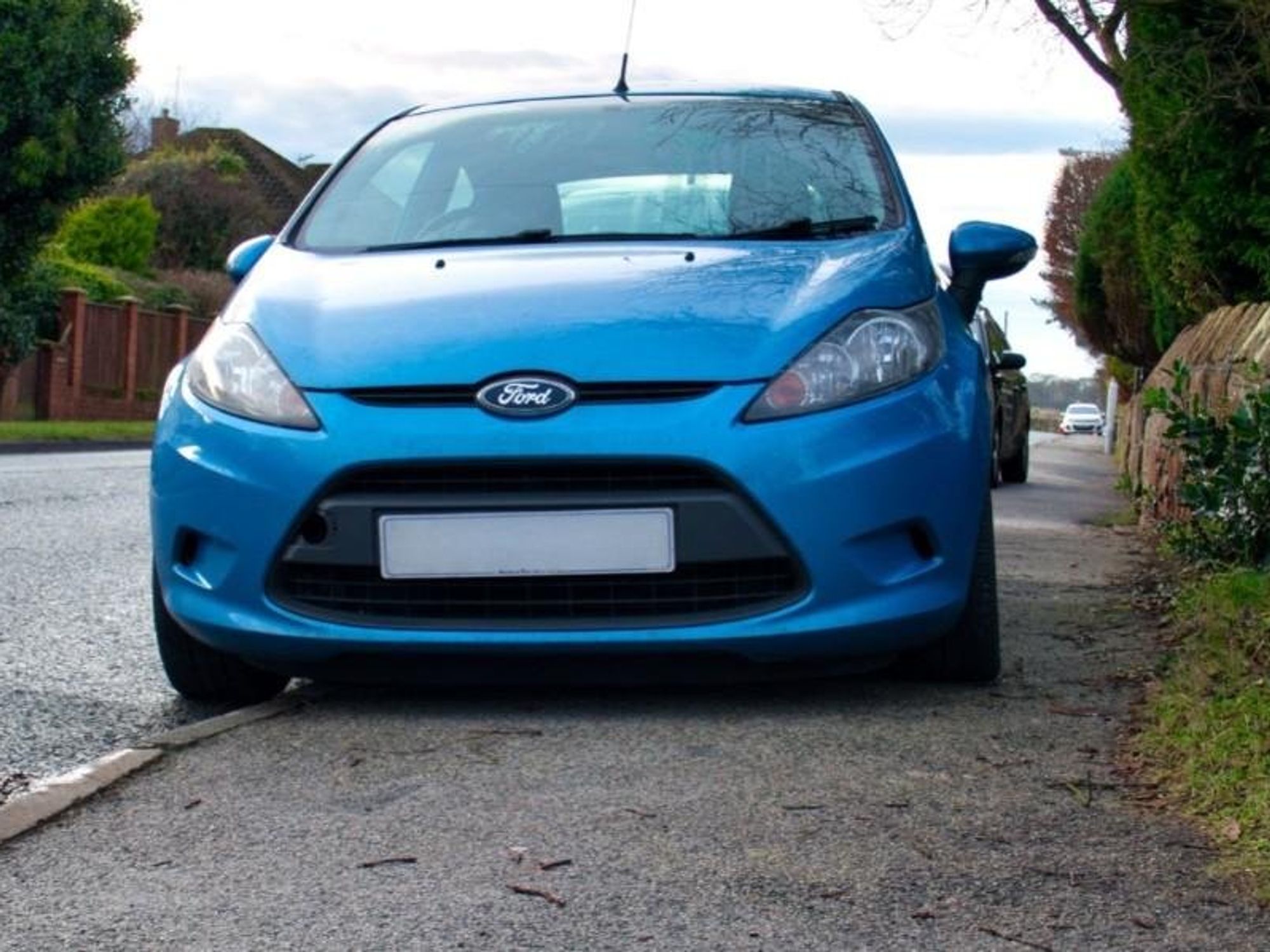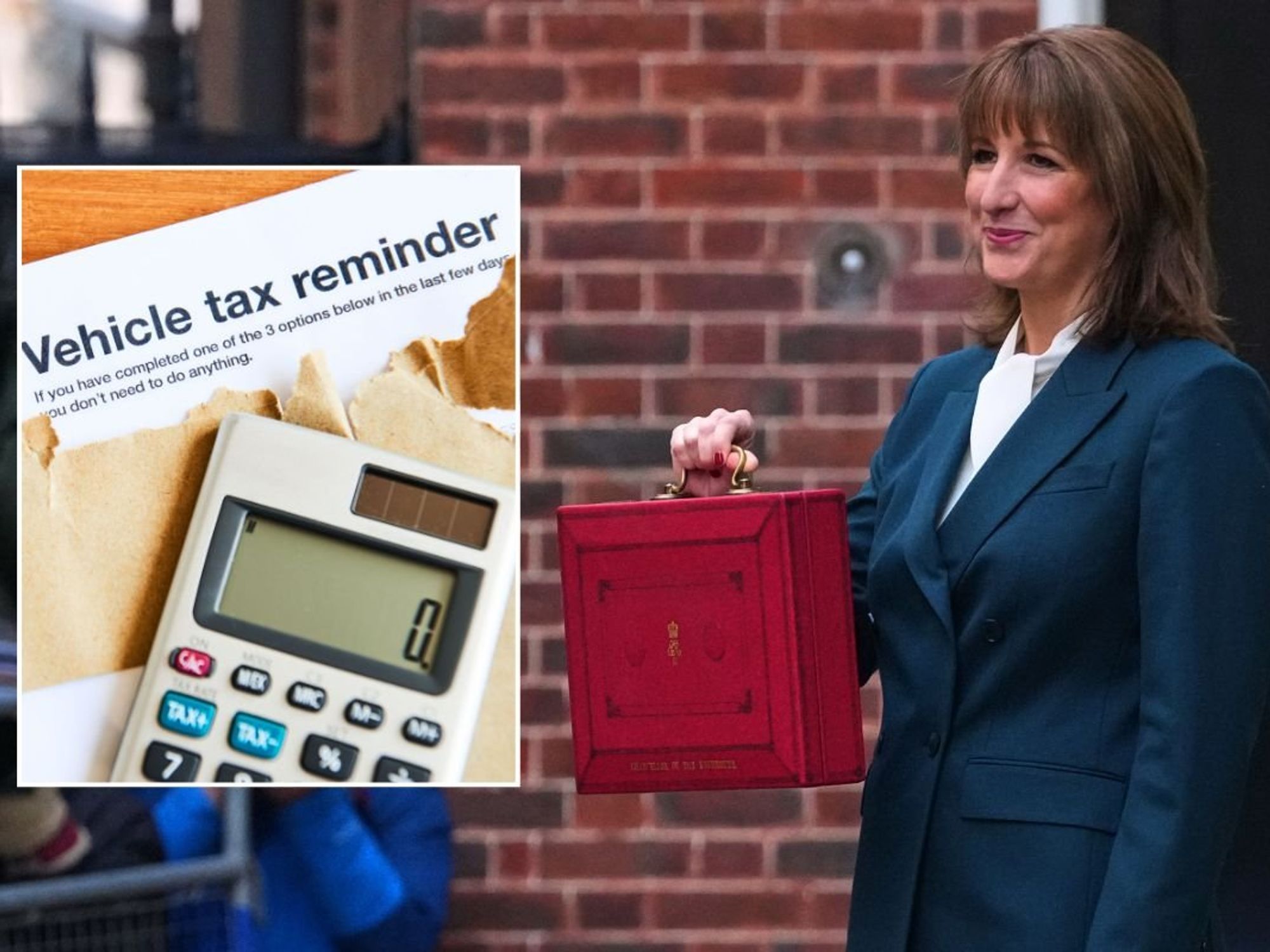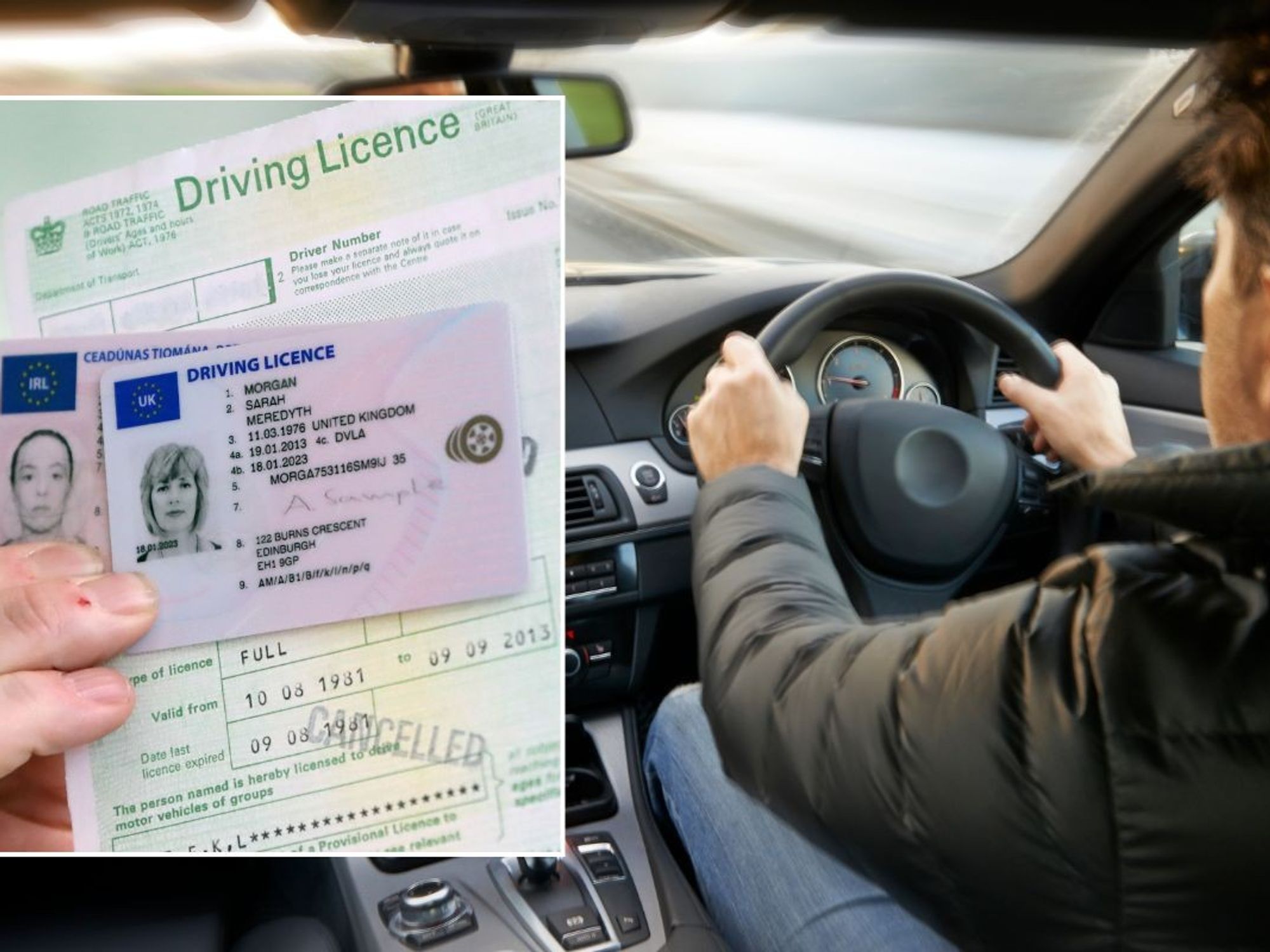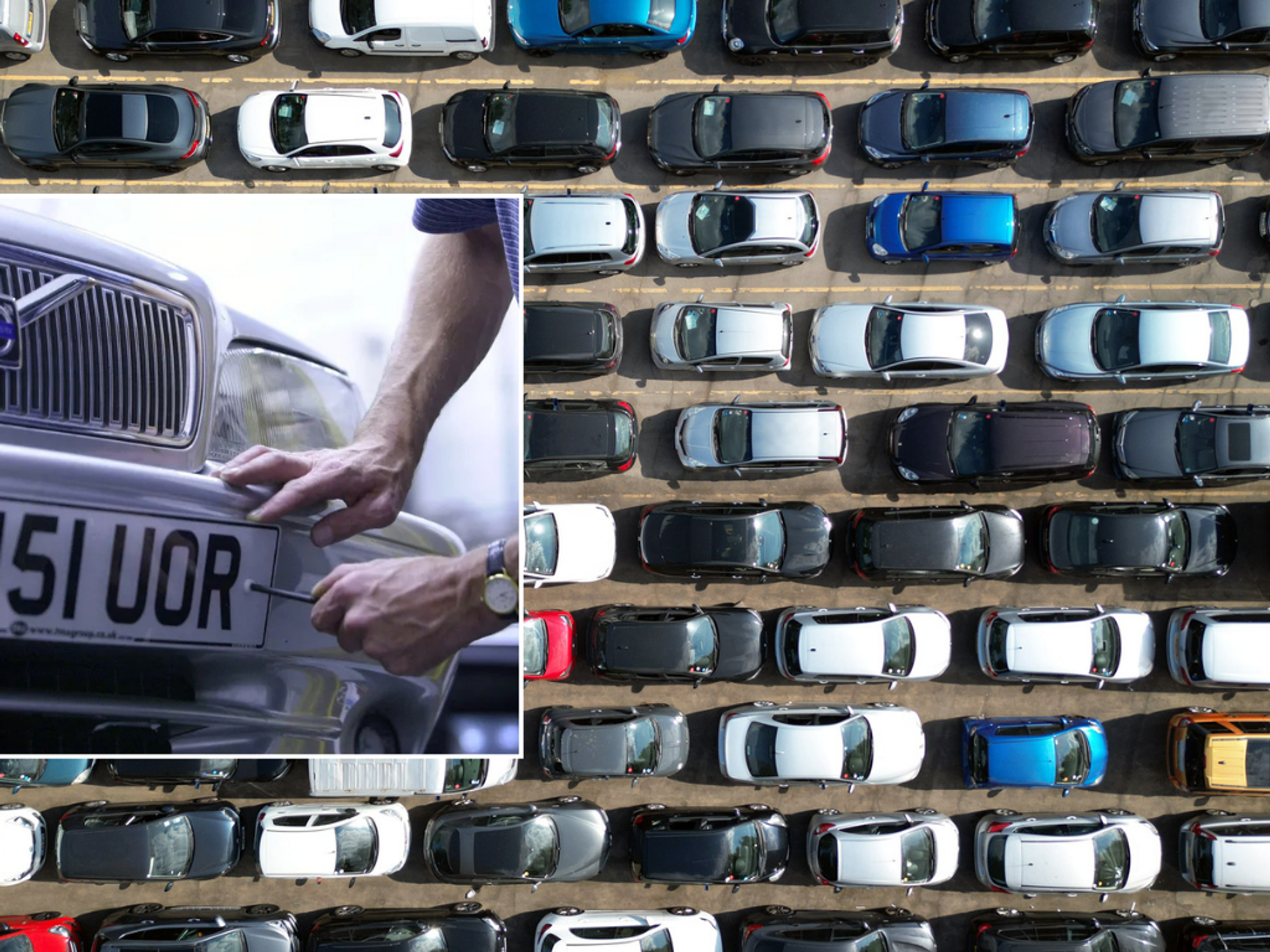Major car tax changes launching within months will see Britons pay £600 extra per year to drive
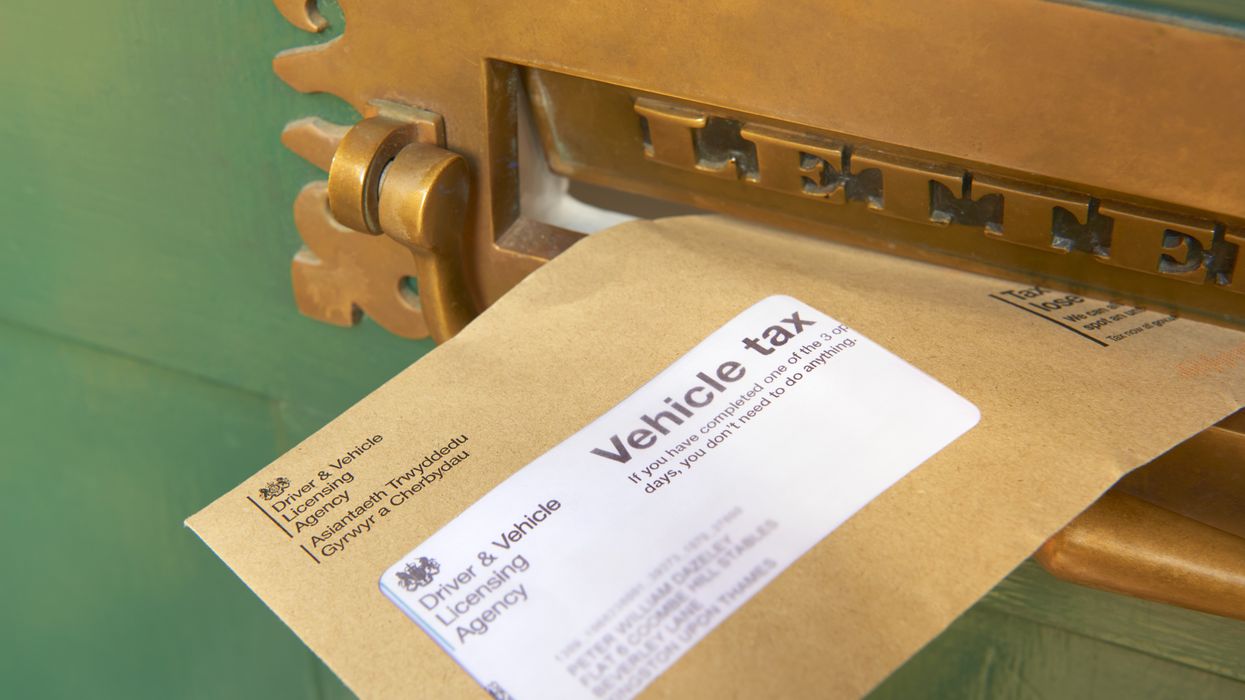
New car tax changes will be introduced in April next year
| GETTY
Prices could still rise before the rate hikes are introduced next April
Don't Miss
Most Read
Latest
Drivers are being warned about major car tax changes being introduced next year which could see them spend hundreds of extra pounds to keep their vehicles on the road.
The cost of motoring has hammered Britons since the pandemic, with car insurance prices rising, petrol and diesel costs fluctuating and car tax rates increasing every financial year.
From April 1, 2025, drivers of electric cars will have to pay Vehicle Excise Duty (VED) in the same way as drivers of petrol and diesel vehicles.
This decision was made by former Chancellor Jeremy Hunt who said the move would make the system of motoring taxation fairer for all road users.
Do you have a story you'd like to share? Get in touch by emailing motoring@gbnews.uk
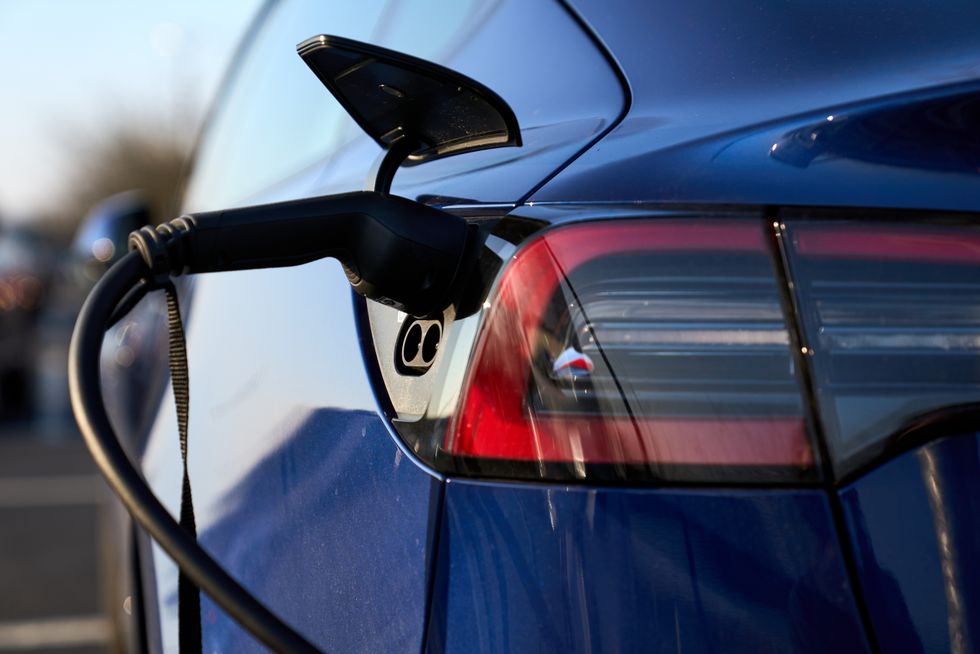
Electric car owners will start to pay Vehicle Excise Duty next year
| PAThe new measures will "effectively remove" band A under the existing VED system, which is currently £0, but will begin charging motorists annually.
For EVs and low emission cars registered on or after April 1, 2025, they will pay the lowest first rate of vehicle tax, while the standard rate will apply from the second year.
This is currently set at £190 for 2024, although costs are subject to change for the new financial year in April 2025, which is normally in line with the rate of inflation.
EVs registered between April 1, 2017, and March 31, 2025, will also have to pay the standard rate of £190 from April 2025.
Any zero emission vehicles registered between March 1, 2001, and March 31, 2017, will move to the first band that had a VED value, which is currently £20, but could change next year.
Drivers of new electric vehicles which have a list price of more than £40,000 will now also need to pay the expensive car supplement from the second tax payment onwards.
These vehicles pay an additional £410 every year for five years starting from the first VED car tax payment made when the car is one year old.
Erin Baker, editorial director at Auto Trader, said the luxury car tax probably wouldn't have had an impact on motorists since 2017, but that could soon change.
She added: "With two-thirds of all electric vehicles having a price point of over £40,000 this will make switching to a zero-emissions vehicle less appealing knowing that road taxes are higher, on top of the initial investment.
"However, for drivers that are looking at making the switch to an electric vehicle over the next few years and are concerned about not only the upfront cost as well as the newly implemented vehicle tax costs, car leasing is a good option to consider."
The expert highlighted how electric vehicles do offer benefit for motorists thanks to lower ownership costs as they can be more economical than a petrol car.
While prices of new electric vehicles have fallen, many drivers could still be looking at paying more than £40,000, especially if they are looking to accomodate their families and have a longer range.
LATEST DEVELOPMENTS:
- Petrol and diesel prices drop as drivers see welcome relief with lowest pump costs in three years
- Motorists risk harsher fines for ‘worst parking ever seen’ in popular tourist area as police slam motorists
- Drivers resort to damaging their cars to deter criminals as two in five vehicles are stolen in the UK
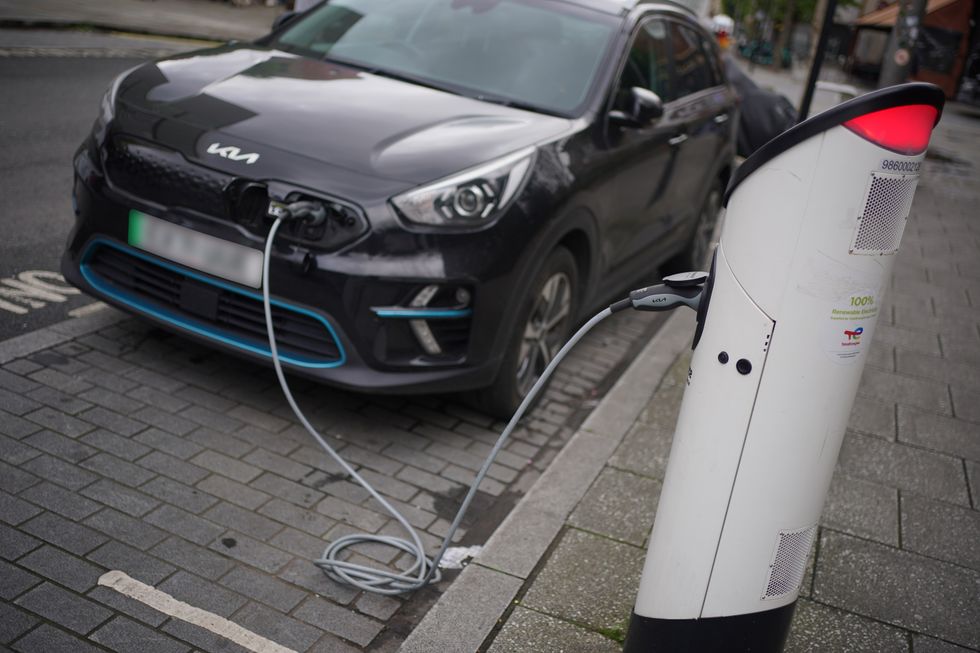 EVs with a list price of more than £40,000 will face the Expensive Car Supplement | PA
EVs with a list price of more than £40,000 will face the Expensive Car Supplement | PAThe expensive car supplement has been in place since April 2017 as the Government states they can afford to pay the extra charges every year.
The objective of the policy was to ensure that registered keepers of cars with a list price of over £40,000 are issued with the correct annual VED refund if they sell their vehicle or make a Statutory Off Road Notice (SORN) in the last year of the vehicle being liable.






